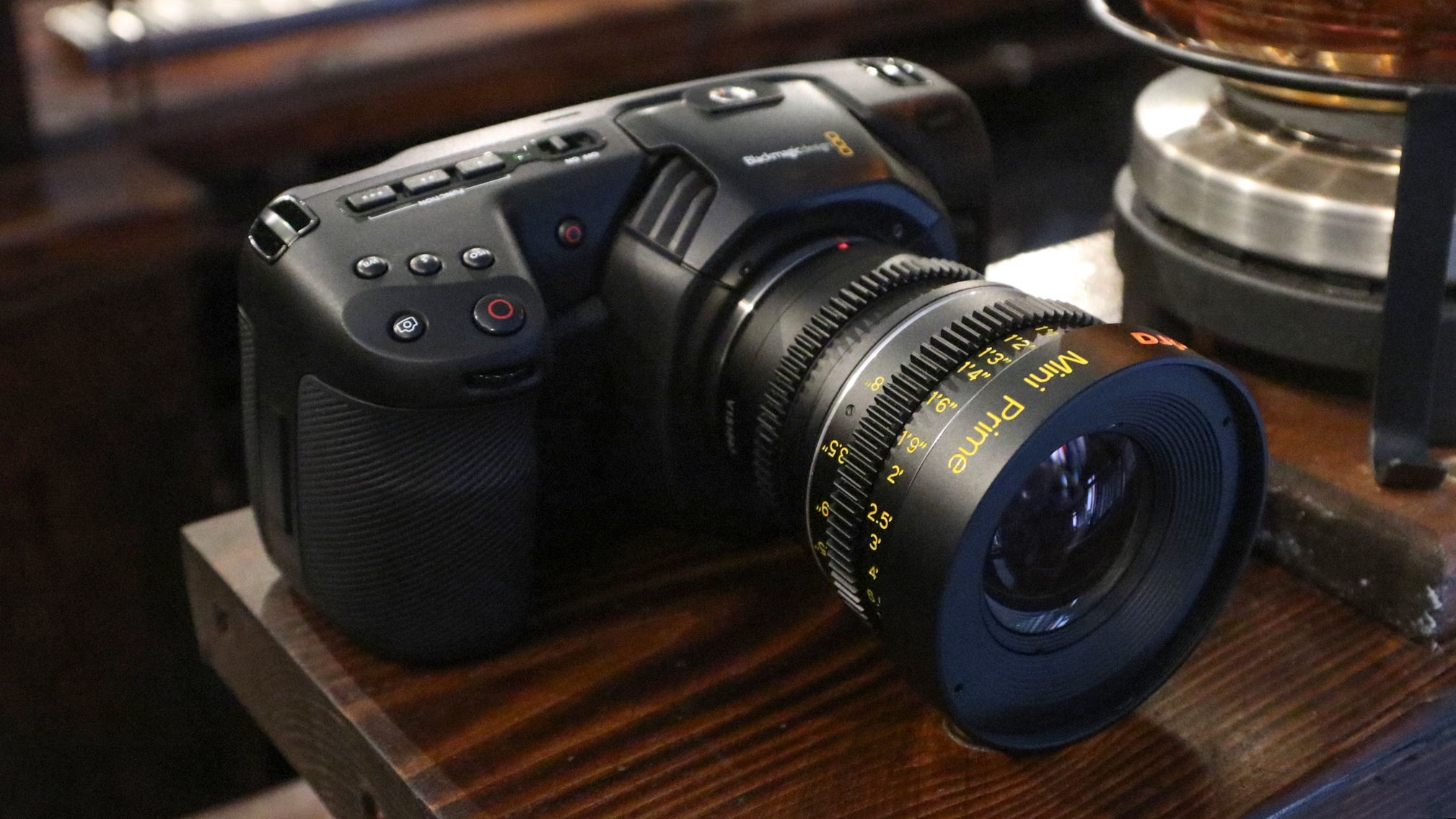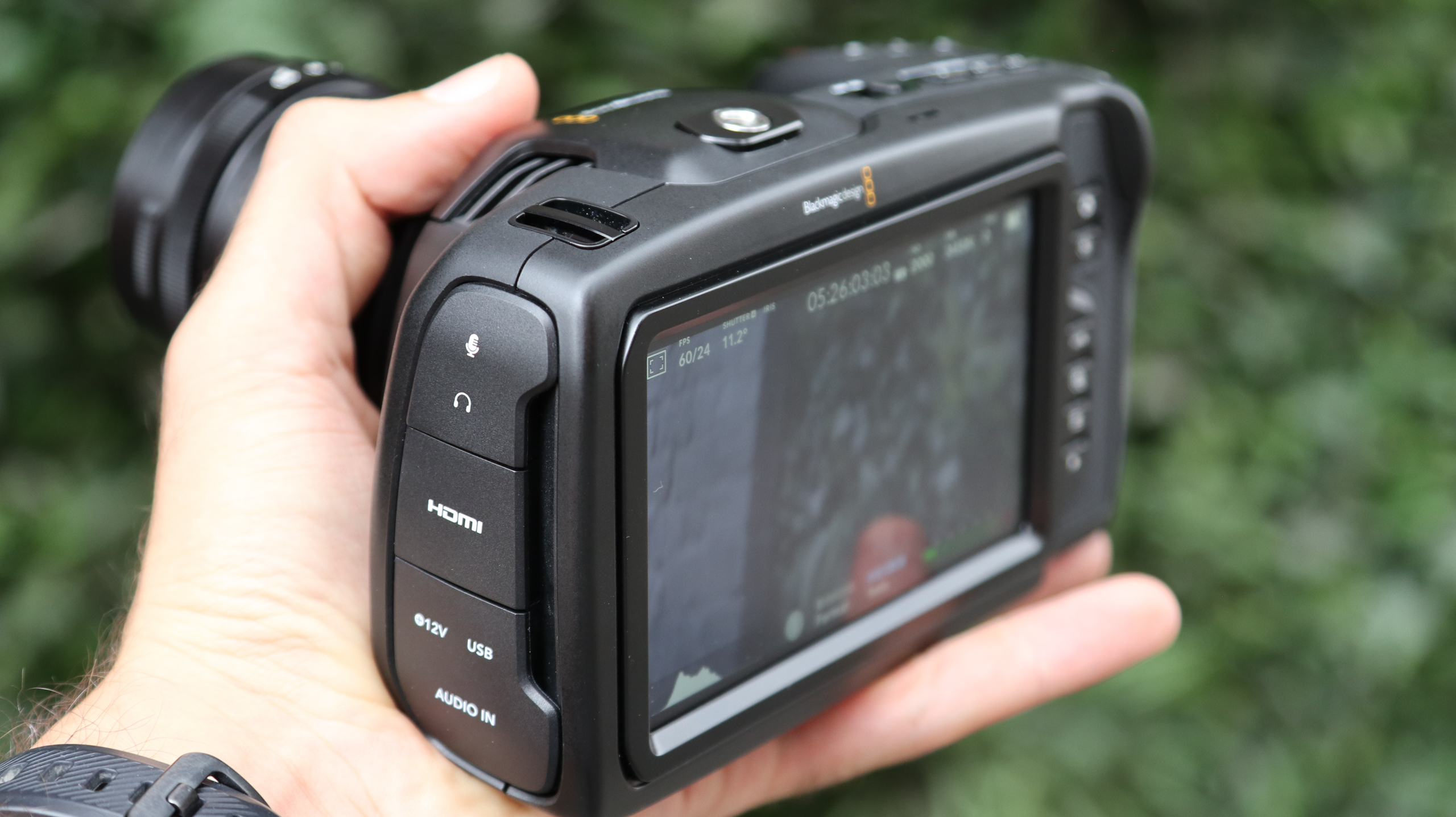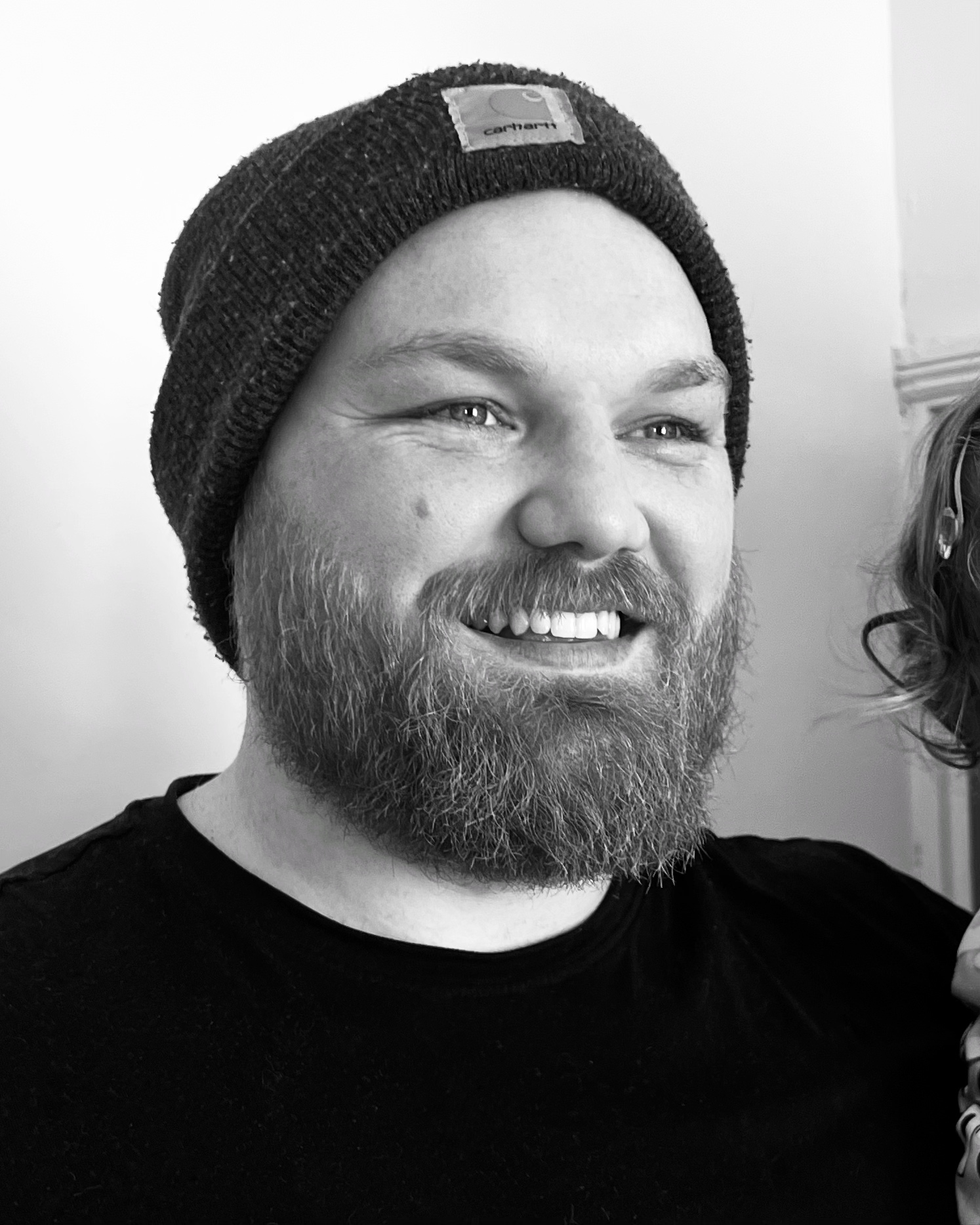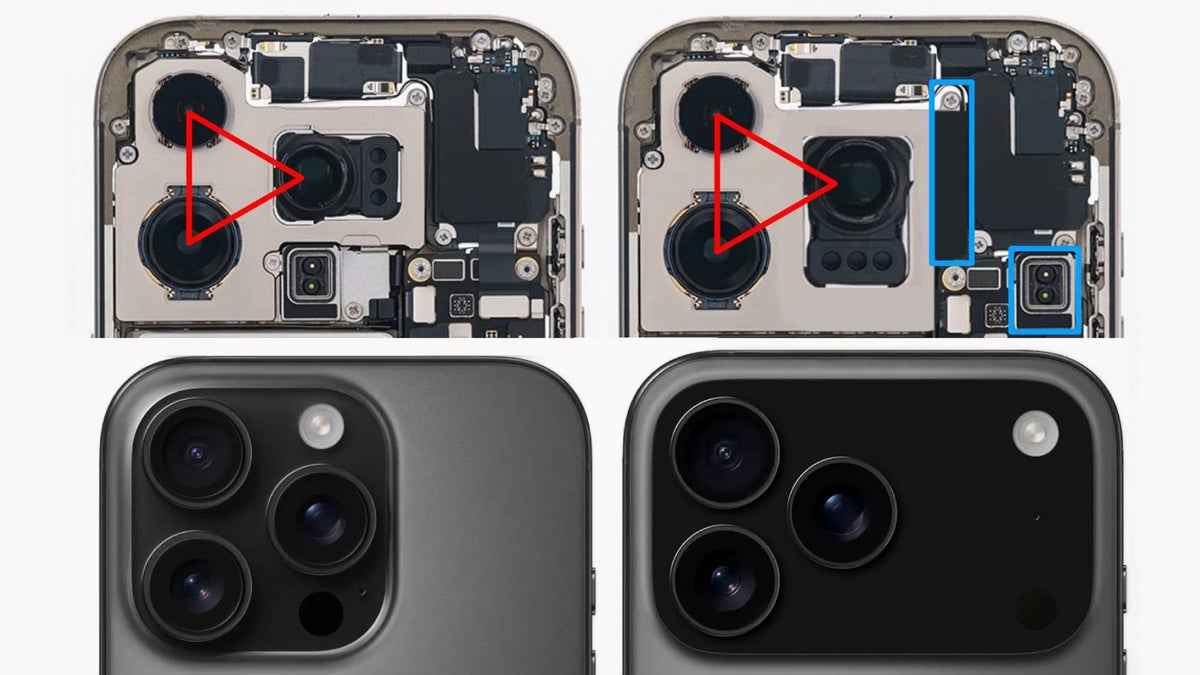After its recent price drop to under $1,000, I think the Blackmagic Design Pocket Cinema Camera 4K might be the best beginner filmmaking camera on the market!
Is the BMPCC 4K the best beginner camera for filmmakers after its price drop?

The Blackmagic Pocket Cinema Camera 4K (BMPCC 4K) has become incredibly appealing to me as a new filmmaker, especially after its recent price drop. Finding a true cinema camera experience at an affordable price isn’t easy, but the BMPCC 4K offers a compelling entry point into professional filmmaking, while there are many options out there, few balance image quality, versatility, and accessibility as well as this one.
Unlike DSLR or mirrorless cameras that prioritize stills or hybrid functionality, the BMPCC 4K is built for dedicated cinematic video. It offers 12-bit RAW recording, impressive dynamic range, and Blackmagic’s renowned color science; features typically found in much more expensive systems. At a price below $1,000, it’s rare to find a camera that delivers such professional-grade results while remaining approachable for beginners.
A key advantage is its Micro Four Thirds (MFT) lens mount. Compared to full-frame or APS-C cinema cameras, which often require costly glass, MFT lenses are more budget-friendly. This makes it easier to experiment with different looks without a huge financial commitment.

Beyond lens compatibility, the BMPCC 4K boasts an impressive spec sheet. Its 4/3-sized HDR sensor with dual native ISO up to 25,600 ensures solid low-light performance. It records in Blackmagic RAW and ProRes, providing high-quality, flexible formats for post-production. It also can shoot in 4K at up to 60fps, and 120fps slow motion in cropped HD, facilitating creative flexibility. To top it off, 13 stops of dynamic range help achieve a cinematic look straight out of the camera.
The camera’s design also prioritizes usability. Its intuitive UI, dedicated controls, and straightforward menu system make learning professional cinematography less intimidating. The 5-inch touchscreen display provides a clear, responsive interface for monitoring and adjusting settings, while tools like focus peaking and false color ensure accurate exposure and sharpness.
One of the biggest draws for beginners is Blackmagic’s seamless workflow, as the BMPCC 4K comes bundled with DaVinci Resolve Studio, a professional-grade post-production suite for editing, color grading, and visual effects. Having access to this software without extra cost makes the transition from shooting to editing more accessible and cost-effective.
Many filmmakers start with the BMPCC 4K before moving on to larger, more expensive setups such as the Blackmagic Design Pyxis 6K or Ursa cameras. Skills such as understanding color grading, working with RAW footage, and managing external audio, translate directly into high-end filmmaking. Since it records in professional-grade formats, it prepares users for workflows they’ll encounter in more advanced productions.
Get the Digital Camera World Newsletter
The best camera deals, reviews, product advice, and unmissable photography news, direct to your inbox!
For an aspiring filmmaker like myself, the Blackmagic Pocket Cinema Camera 4K presents an enticing starting point. The recent price drop makes it even more accessible, and the MFT mount provides a wealth of lens options to explore. Combined with Blackmagic’s integrated workflow, it’s a strong contender for the best entry-level cinema camera. If you’re serious about filmmaking but don’t want to spend thousands on a setup, this could be an excellent place to begin.
You might also like...
Check out out guides to the best cinema cameras and the best cameras for filmmaking.

Kalum is a professional photographer with over a decade of experience, also working as a photo editor and photography writer. Specializing in photography and art books, Kalum has a keen interest in the stories behind the images and often interviews contemporary photographers to gain insights into their practices. With a deep passion for both contemporary and classic photography, Kalum brings this love of the medium to all aspects of his work.
You must confirm your public display name before commenting
Please logout and then login again, you will then be prompted to enter your display name.
